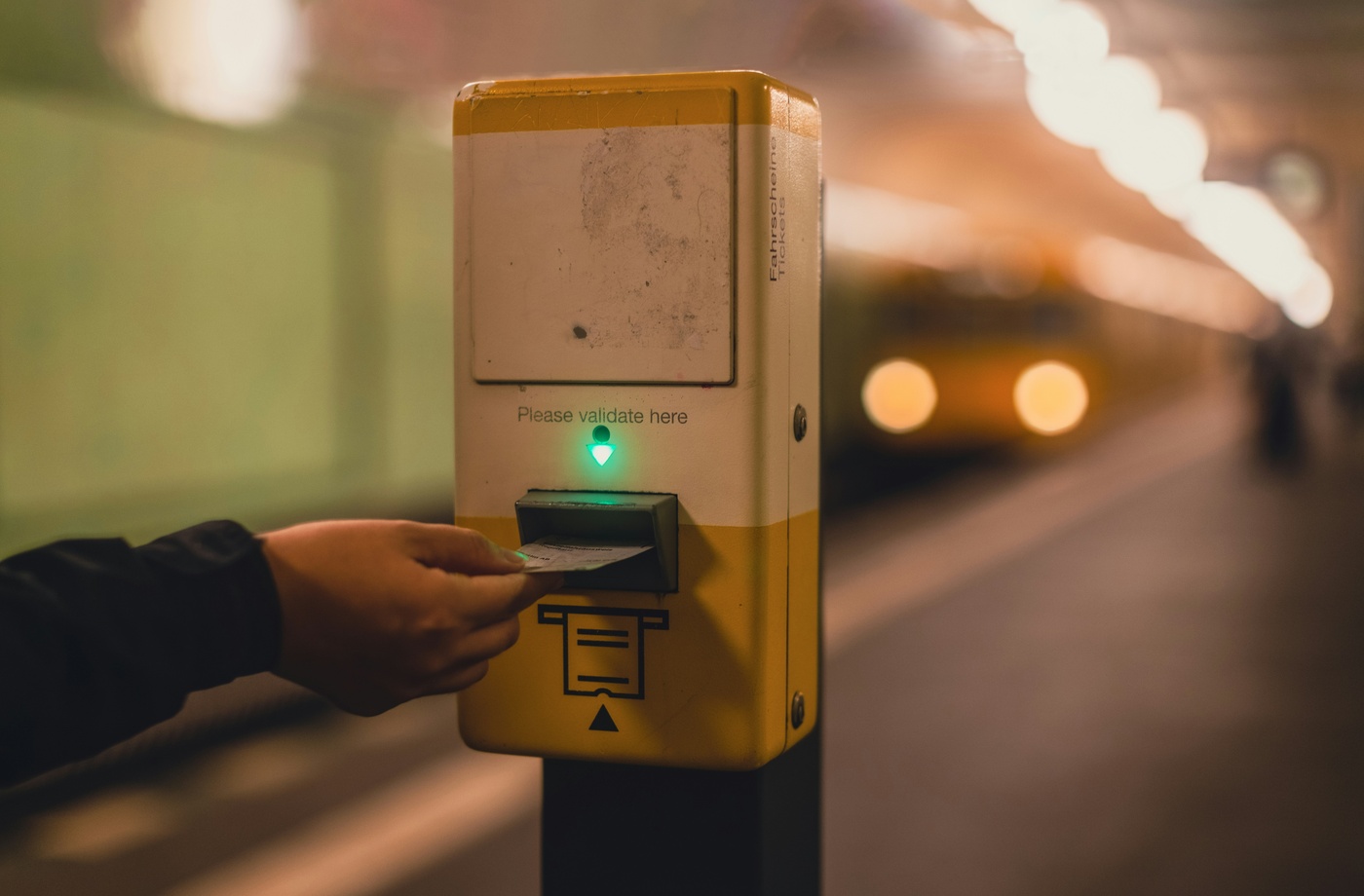Few things are more frustrating than getting a parking ticket you know you didn’t deserve. Whether it’s a misunderstanding, poor signage, or a meter that malfunctioned, you have the right to appeal—and many drivers who challenge unfair tickets actually win. But you’ll need to act quickly, stay organized, and follow your city’s appeals process carefully.
Here’s how to dispute a parking ticket the right way and increase your chances of getting it dismissed.
Step 1: Don’t Wait—Check the Appeal Deadline
Most cities give you a limited window to contest a ticket—usually between 15 and 30 days from the date of issue. Missing this deadline could forfeit your right to appeal or add late fees. Check your city’s parking authority or transportation department website for exact details.
Examples:
- New York City: You have 30 days to dispute online.
- Chicago: You can contest tickets within 21 days.
- Los Angeles: File within 21 days.
Step 2: Gather Your Evidence
To make a compelling case, you’ll need clear documentation. Depending on the type of violation, helpful evidence might include:
- Time-stamped photos of your parked car and surrounding signage
- Screenshots of mobile meter payments or receipts
- Witness statements (if applicable)
- Vehicle registration showing disabled status (for handicap zones)
- Evidence of broken meters or incorrect enforcement signage
Take wide and close-up shots to prove your point. Include images of curb markings, meter numbers, and any nearby posted rules.
Step 3: Write a Clear, Professional Explanation
When submitting your appeal, explain what happened in simple terms. Stick to facts, avoid emotional language, and reference your evidence directly.
Example:
“I received a ticket at 10:02 AM on 6/12 for ‘expired meter.’ However, I had paid for parking through the city’s PayByPhone app at 9:53 AM, and my session was active until 11:00 AM. Attached is the confirmation screenshot showing the meter number and active timeframe.”
Step 4: Submit Through the Correct Channel
Each city has a designated portal or process for appeals. Some allow online submissions, while others may require mail or in-person appointments. Follow the instructions exactly and keep copies of everything you submit.
If your first appeal is denied, some cities allow a second-level hearing—often with an administrative law judge. You can typically request a phone, written, or in-person hearing depending on your preference.
Step 5: Know What Won’t Work
Avoid defenses that typically get rejected, such as:
- “I was only parked for a few minutes.”
- “I didn’t see the sign.”
- “Everyone else parks there.”
- “I couldn’t move my car in time.”
While understandable, these don’t override enforcement rules. Focus instead on factual errors, incorrect signage, or payment records.
Step 6: Follow Up if Necessary
If you don’t receive a decision within the expected timeframe (usually 2–8 weeks), follow up through the city’s website or contact number. Delays happen, but letting a ticket go unresolved could lead to late fees or collections.



